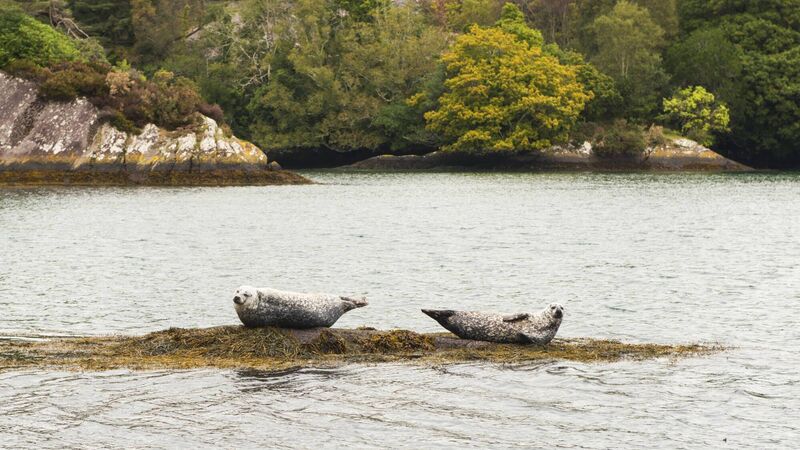Future of a diverse and productive marine life lies in our hands

Ireland’s marine biodiversity, especially inside bays and estuaries, is impacted heavily by fisheries and aquaculture, as well as by pollution and climate change.
Actions to ensure that Ireland can sustain a clean, healthy, diverse and productive marine environment now and in the future are outlined in a new report.
It outlines the steps that can be taken to assist the Government meet its target of 10% of Ireland’s maritime area to be protected areas as soon as is practicable, with a 30% attainment target by 2030.
CLIMATE & SUSTAINABILITY HUB













